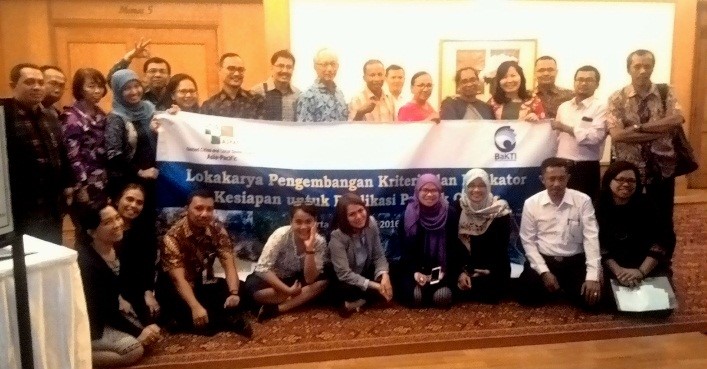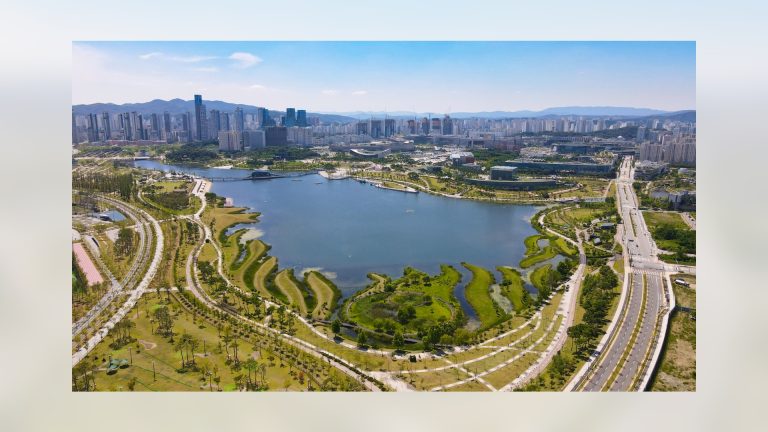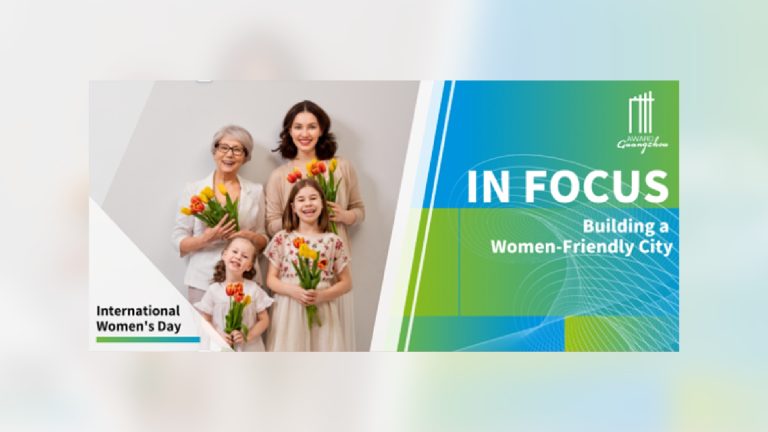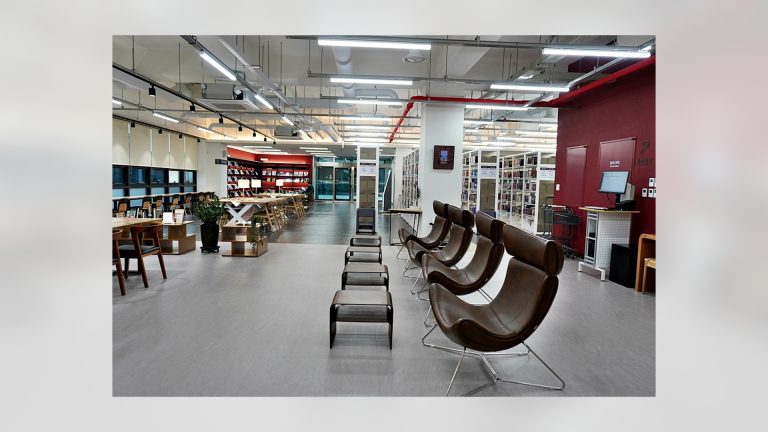
The creation of the Knowledge Centre for smart practices in Indonesia is making progress following its third workshop. The workshop, titled “Development of Criteria & Indicator Readiness of the Smart Practices”, brought together a collaborative group of parties to advance the replication plan of two smart practices in the country.
Taking place at Hotel Aryaduta in Jakarta on 14 January 2016, the workshop focused on two smart practices: the Waste Management (Pengelolaan Sampah–TPA Edukasi) by the Malang Regency, and the BUMDes (village-owned business entity) Lendang Nangka Water Management by the East Lombok Regency. These smart practices are set to be replicated by the Wakatobi Regency and the Bima Regency, respectively. The Knowledge Centre will support the replication process by providing technical assistance on the project planning and capacity building for local governments. Meanwhile, the source of funding for replication is suggested to use the current monetary platform such as Village Fund, DAK (Special Allocation Fund), local budget, Corporate Social Responsibility (CSR) activities and donors to ensure its sustainability as well as to optimize the available resources. During the workshop, both the source and beneficiary regencies were able to discuss and explore the smart practices, as well as assessing the latter’s compatibility and readiness in adopting those successful practices.
The workshop gathered representatives from the source and beneficiary regencies, the National Development Planning Agency Indonesia (BAPPENAS), the Knowledge Sector Initiative (KSI), Bursa Pengetahuan Kawasan Timur Indonesia (BaKTI) and UCLG ASPAC. The workshop set the stage for all parties to congregate and work together to identify and set smart practices, replicability criteria and indicators including the readiness assessment – which will consist of a set of methodology to identify and compare project methodologies and managerial aspects.
Thanks to the workshop, the parties managed to integrate and agree on the criteria for mechanisms of replicating smart practices, and collecting data and assessing the compatibility from the results. They also agreed on the techniques used in order to engage smart practice replications, as well as on the readiness and the survey methods for the replications.
With more workshops being scheduled in order to assess the project’s progress and finalizing criteria for indicators and success rates of the replications, all parties are ready to make the Knowledge Center as the knowledge-hub in Indonesia. This hub will disseminate evidence-based practices accross Indonesia.
“UCLG ASPAC’s experience in replicating smart practices will be an asset for this project. Therefore we must see that this project will certainly bring about big changes to the people as we address their local needs,” said UCLG ASPAC Secretary General Dr. Bernadia Irawati Tjandradewi.
Below are stories of the two smart practices that are ready for replications:
Water Metering System in East Lombok, West Nusa Tenggara (NTB) Province
Local resident Lalu Supratman introduced a water metering system in the Lendang Nangka village, Masbage sub-district in East Lombok in 2002. This initiative was to respond to the challenge faced by the villagers, where the water supply was not properly distributed to meet their needs.
“At the time when this metering system was first introduced, only rich and powerful people had a full access to control the water distribution,” Lalu recalled. Poor people or those who live in the higher area, he added, had no water.
Today, as the water metering system has been fully adopted in some villages, the story is totally different. “With a monthly revenue of 7-9 million Indonesian Rupiah, we can contribute to the development of social life using the funds raised from this water metering system,” he said.
Today, this small-scale business has more than 778 customers. “And everybody is now happy with the water distribution system,” Lalu concluded.
Waste-to-Energy Initiative in Malang Regency
Decades ago and still at this present time, nobody is pleased about the presence of a final disposal site or Tempat Pembuangan Akhir (TPA). In addition to the foul smell around TPA’s surroundings, a greater cause of concern and reason to find solutions was the negative impacts of such an unhealthy environment on the dwellers’ well-being.
“Today, I guarantee that there is no more odour comes from the TPA. We could manage to change the gas from the dump into energy, which is very useful for the local,” said Koderi, a civil servant of Malang Regency who succeeded in creating a simple technology of transferring gas generated from dump pile into energy.
He assured that this technology is easy to use in and transfer to other areas. “At least, there have been 54 districts that have replicated this method,” he said.
For his outstanding achievement in transforming waste into usable energy, Koderi received the prestigious Indonesian Environment Award of Kalpataru from the former president of Indonesia, Susilo Bambang Yudhoyono, in 2013.










